While it may seem daunting at first, diabetes in your cat can be managed successfully with a daily routine of insulin treatment, a low carbohydrate diet and exercise. If your cat needs to lose weight, your vet will advise a controlled weight loss program.
Starting Insulin Therapy
You want your cat to get back to being healthy and happy and with your vet, you can work to achieve this by giving your kitty insulin every day to improve or eliminate the signs of diabetes.
While it can seem intimidating to start administering insulin to your cat, don’t forget that your vet is there to help you! He or she will teach you everything you need to know about giving insulin injections, recommend appropriate diet and exercise for your cat, and help you monitor your feline friend’s progress.
Your vet will calculate a suitable dose for your cat, based on his or her weight and needs. Shortly after starting insulin treatment, you should start to see improvement in your cat’s signs (i.e. excessive thirst and urination). You should record any changes, including your cat’s appetite and attitude, as your vet may need to adjust your cat’s insulin dose, based on how well your cat is doing and the results of follow-up tests.
Insulin doses need to be managed carefully to avoid a serious complication – lower than normal blood glucose, which is called hypoglycaemia. Your vet will advise you on insulin dose adjustments.
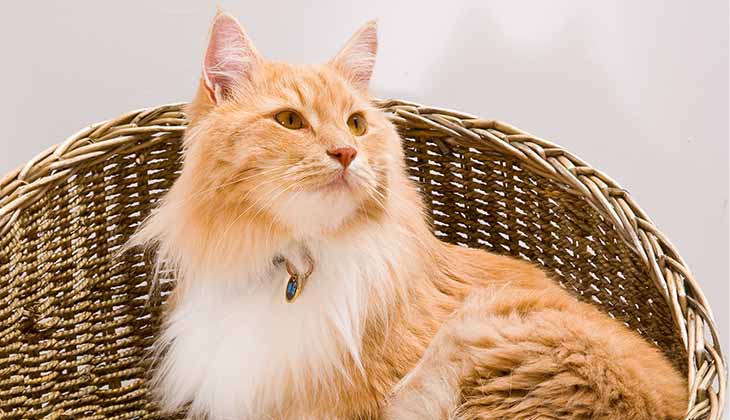
Timing of Insulin Injections
Diabetic cats are generally administered insulin twice daily and their diet is usually split into two equally sized meals, however, cats can also be fussy, and prefer to eat when they choose. Free access to a measured amount of the food is the best option with these furry friends. Consider using a connected feeder to help you monitor when and how much your cat eats.
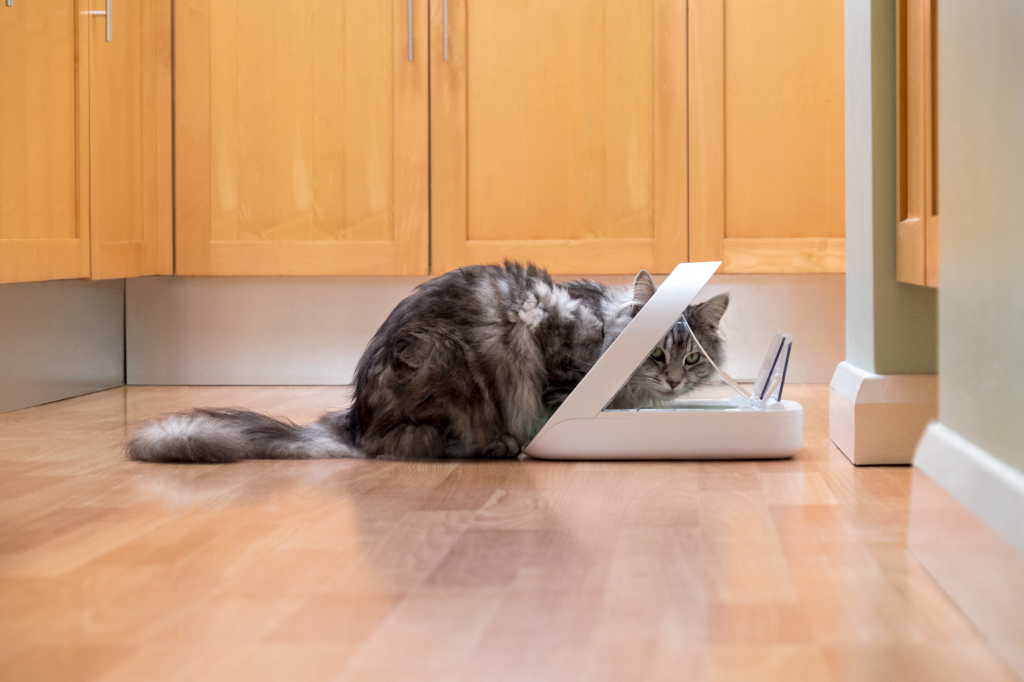
Your Cat, Nutrition and Diabetes
A consistent, tasty and nutritious diet plays a key role in managing your cat’s diabetes. It is important for diabetic cats to eat well to achieve and maintain an ideal body weight and body condition. Your vet can help you select the best diet for your diabetic cat, including suitable treats.
Your vet will work with you to calculate the appropriate caloric intake amount for your cat, which will include any snacks or treats, in addition to his or her daily meals. It’s also best to keep meal content, amount and timing the same each day to minimise blood glucose fluctuations.
A few things your vet may also recommend that you include:
- Regular cat food that is balanced and complete or a specially formulated prescription food – often high in protein and low in carbohydrates – to help minimise fluctuations in blood glucose.
- Clean drinking water that is always available for your cat and a way of measuring how much they are drinking on a daily basis to help understand your cat’s progress with treatment.
- Snacks or treats that are suitable for diabetic cats and can be fed as part of your cat’s daily caloric intake.
Remission
Some diabetic cats go into remission meaning that they no longer need insulin after a period of several weeks or even months of treatment, which varies from case to case. The first sign may be a decrease in your cat’s insulin dose which can be followed by remission (insulin is no longer required). It is important that you closely monitor you cat, keeping this in mind. Contact your vet if you think your cat no longer has signs of diabetes. Remission can be confirmed if your cat no longer needs insulin for 4 weeks or more after insulin treatment has been stopped. Remission often occurs after cats that are still able to produce insulin have successfully lost weight. If your cat goes into remission, you will still need to take special care of your cat’s weight, diet and lifestyle. Ask your vet if remission may be a treatment goal for your cat.

Other things to consider
Will my cat eat a new diet?
Some cats are fussy eaters and introducing a new food is not always easy. If your cat is not eating his or her new food, try giving it a couple of days for him or her to get used to it. You can also try mixing the new food with your cat’s previous food and gradually decreasing the amount of the old food in the mix. It is important that your diabetic cat eats consistently and if your cat is really not taking to the new food, you should discuss alternatives with your vet.
How do I manage my cat’s body weight?
Getting and keeping your cat to his or her ideal body weight can help simplify the management of diabetes. Your vet can advise you about your cat’s body weight and condition and help you manage it.
Underweight Cats – these kitties need a highly digestible diet containing high-quality protein which should help your cat gain weight gradually.
Overweight or Obese Cats – these furry friends need to lose weight gradually.
This Seems Like A Lot To Remember!
Managing the health and nutrition of your diabetic cat is really important and it can seem like a lot. The good news is that there are several products that can actually make tracking and monitoring feeding and drinking easier for you – plus, provide you with the reassurance that your beloved feline companion is getting just what he or she needs.
App-connected feeders can help you measure and monitor your cats feed intake, whilst app-connected drinkers can help monitor your pet’s water intake. App based diabetes trackers can help you record and manage your cat’s diabetes control.
Is there anything else I should remember?
Don’t forget, most cases of feline diabetes can be managed at home and once stabilised using insulin treatment and diet, affected cats can live a long and happy life on treatment, and may indeed go into remission from their diabetes. The key to managing your cat’s diabetes will be a consistent daily routine and monitoring signs of diabetes (or improvement thereof). Also, remember how important it is to keep an open dialogue with your vet!
Your vet plays a big role in your pet’s health. Enter your location and get a list of vets near you.
FIND A VET







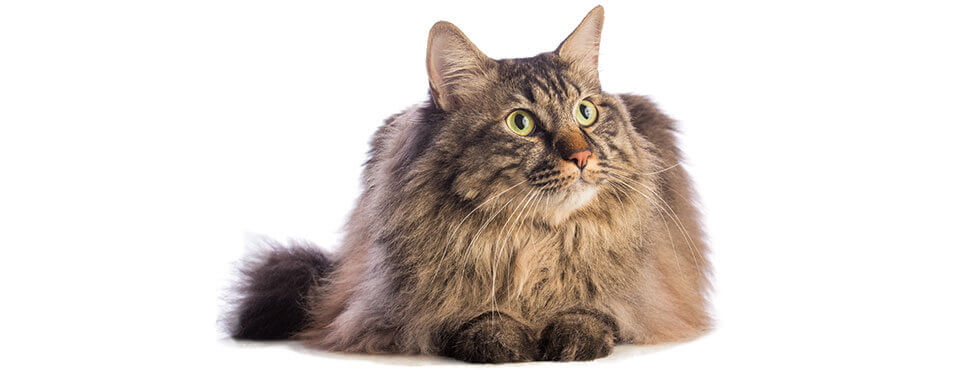
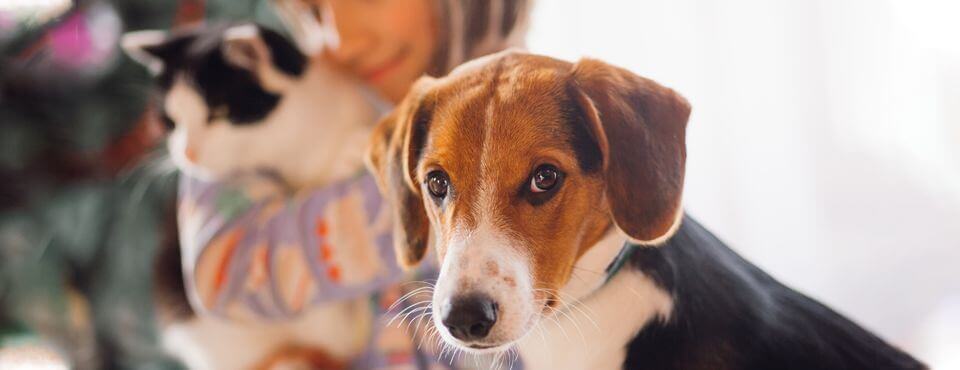
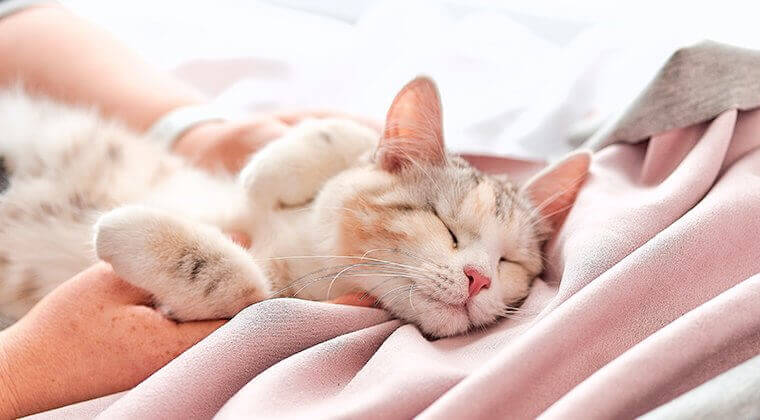
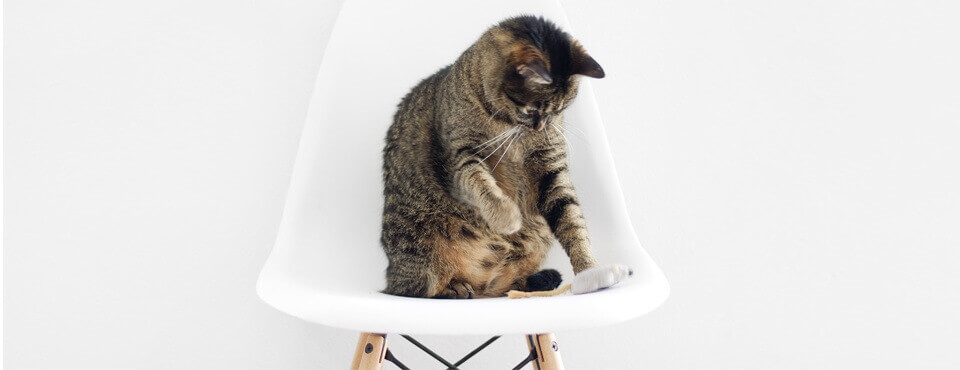

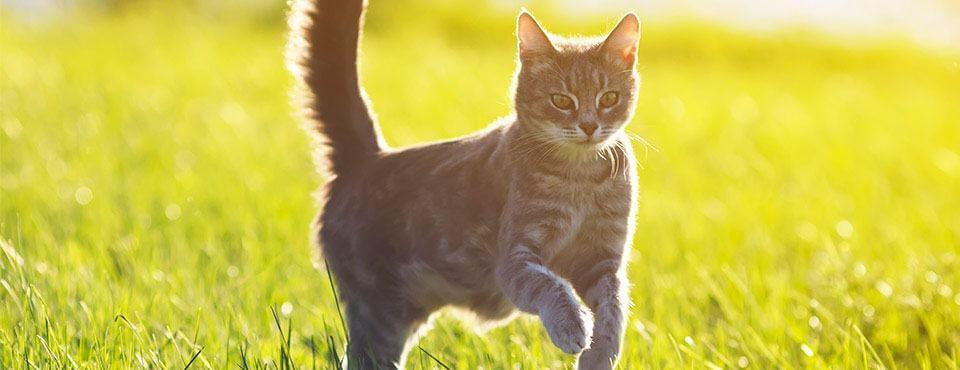

 Go To United States
Go To United States Austria
Austria Belgium
Belgium Czech Republic
Czech Republic Denmark
Denmark Europe
Europe Finland
Finland France
France Germany
Germany Greece
Greece Hungary
Hungary Ireland
Ireland Israel
Israel Italy
Italy Netherlands
Netherlands Norway
Norway Poland
Poland Portugal
Portugal Romania
Romania Slovakia
Slovakia Spain
Spain Sweden
Sweden Turkey
Turkey United Kingdom
United Kingdom